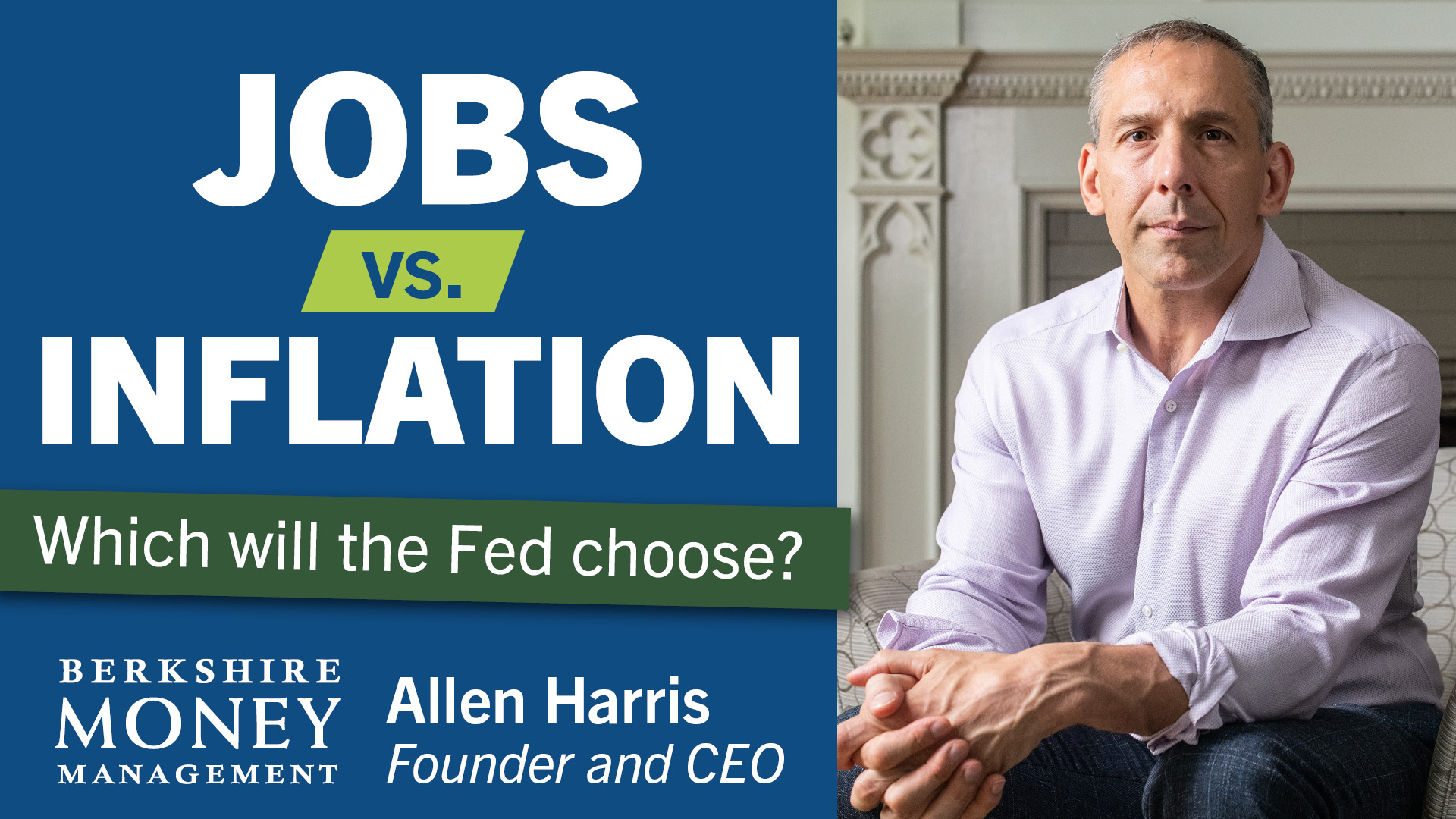China’s red hand of regulation


Over the past several decades, investors, investing in China, have gotten used to the dichotomy of China’s Communist-run, centralized government and its free-for-all stock market. That situation appears to be ending.
The latest (and most controversial) sign of China’s increased interest in regulating and extending control of its largest companies came over the weekend. Fresh off the heels of a global $4.4 billion initial public offering, Didi, China’s ride-hailing giant, was ordered to cease accepting new users, and to close down its app by China’s internet regulators.
By mid-week, the newly, U.S.-listed share price of Didi fell by well over 20%. But Didi wasn’t the only Chinese-based tech company to feel the red hand of regulation this week. Two additional tech companies, Full Truck Alliance, and on-line recruiting company, Kanzhun, were also targeted. Regulators are probing whether these companies illegally collected and utilized personal data.
In the past year or two, these regulatory probes have been increasing. Chinese mega-global growth companies like Alibaba, and its wholly-owned subsidiary, financial credit giant, Ant Group, have been ham-strung by the Chinese government’s initiative to exert control over social media and how they handle, collect and share data. Regulators in November of 2020, for example, simply halted Ant Group’s multi-billion-dollar dual listing in Hong Kong and Shanghai at the last minute.
Behind this new regulatory crackdown is the realization by China’s Communist Party (CCP) that these big technology firms could be a potential threat to their own autocratic control. Based on their vast collective ability to gather and harness data, someday (possibly soon?), these corporations could become a competitive, or even an alternative center of power in China.
This was made abundantly clear to President Xi Jinping and the Communist party during the Coronavirus pandemic. The government discovered how truly immense these tech companies’ databases are in their effort to control the spread of COVD-19 and its mutations. Officials found they had to depend on these tech companies’ databases in order to introduce health-monitoring, and a variety of software-based quarantine applications.
Up until that time, these corporations (like their overseas counterparts) had a fairly clear path in developing their businesses. They had free reign to cut deals, cripple competitors and collect all sorts of user data (both personal and otherwise) from customers worldwide. That same business model is now the subject of litigation, regulation, and various fines within dozens of countries. In that respect, China is just one more country waking up to the so-called danger of social media companies. But with China, there is a difference.
The CCP, unlike most other governments, believes, and therefore demands, that all the data collected from its social media giants, e-commerce, and other businesses (including those foreign companies doing business in China), is the property of the state.
This data can and will be used in any way the party and its leaders decide, now and in the future. It is considered part of the nation’s assets. To bring that point home, China watchers have identified a virtual blizzard of new antitrust and financial regulation brought by the State Council and Cybersecurity Administration, including the passing of a new data security law in June (that goes into effect in September). In essence, almost all data-related activities by whatever means will now be subject to government oversight and control.
In the future, data will ultimately control just about every aspect of human life. Food, medicine, weather, security, finance, etc. Who gets it and how, will all come down to who has the most data and how it is used. President Xi is reported to have said privately that “whoever controls data will have the initiative.” I believe he is correct.
It seems clear to me that while investors decry the short-term stock losses caused by the heavy-handed actions of the Chinese government on publicly listed Chinese companies, they may be missing the forest for the trees. There are all the signs that these new regulatory risks are here to stay. In which case, we can expect more of them and as a result, a re-rating of Chinese securities (downward) would certainly be in order.
Bill Schmick is registered as an investment advisor representative of Onota Partners, Inc., in the Berkshires. Bill’s forecasts and opinions are purely his own and do not necessarily represent the views of Onota Partners, Inc. (OPI). None of his commentary is or should be considered investment advice. Anyone seeking individualized investment advice should contact a qualified investment adviser. None of the information presented in this article is intended to be and should not be construed as an endorsement of OPI, Inc. or a solicitation to become a client of OPI.
Any mention of specific securities or investments is for illustrative purposes only. Adviser’s clients may or may not hold the securities discussed in their portfolios. Adviser makes no representations that any of the securities discussed have been or will be profitable.
The reader should not assume that any strategies, or specific investments discussed are employed, bought, sold or held by OPI.
Direct your inquiries to Bill at 1-413-347-2401 or e-mail him at [email protected].






